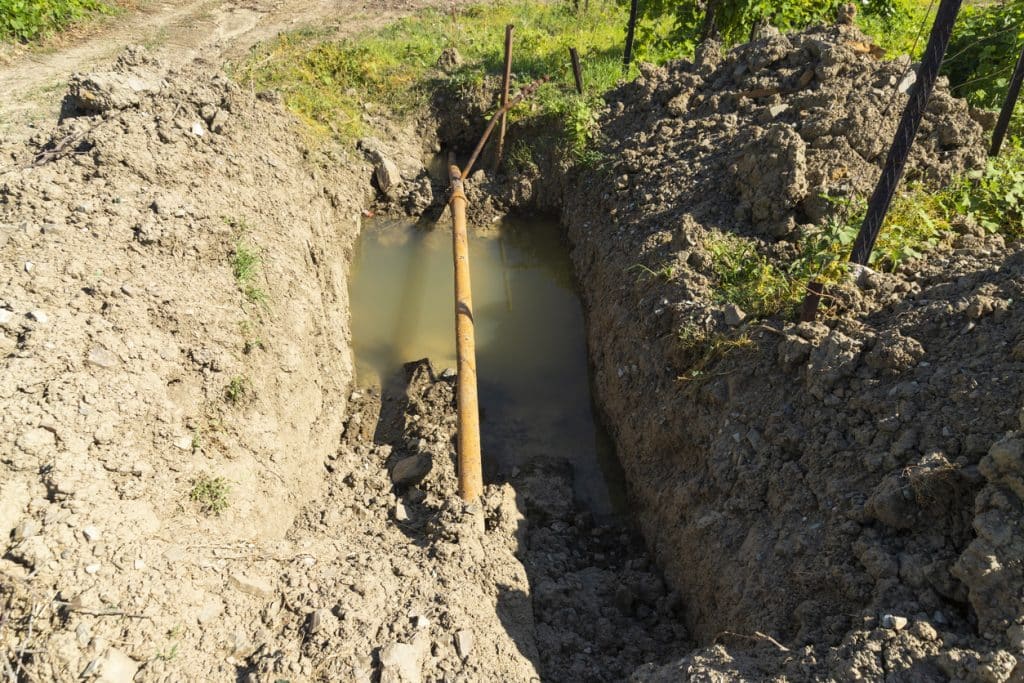Summer brings a range of plumbing emergencies, from sewer backups to burst pipes. Increased water usage from outdoor activities, high temperatures, and humidity can cause sewer backups and other plumbing emergencies. A plumbing emergency can strike at any time, but here are things you can do to lessen the likelihood of experiencing one.
Clean Your Drains Regularly
Sewer blockages in the summer and other plumbing crises can be avoided and handled with regular drain cleaning. This includes removing hair and other potential clog-causing debris from the sink, tub, and shower drains. Also, clean out any sediment that may have collected in the pipes, and examine the plumbing system for any leaks or obstructions that could lead to a backup.
Maintaining a regular cleaning schedule for your drains is essential to the health of your plumbing system and avoiding expensive repairs. Knowing where the main shutoff valve is and having the number of a reliable plumbing firm handy are also crucial emergency preparations to have in place in case of a sewer backlog. Drain snakes, drain cleaners, and plungers are tools and supplies to clear a clog.
Install a Backflow Preventer
A backflow preventer is installed to prevent dirty water from entering the potable water system. It prevents foreign materials like dirt and sewage from entering a house’s primary water supply. This is especially crucial when plumbing issues like clogged drains are more widespread in warmer months.
A check valve, pressure vacuum breaker, double check valve, or reduced pressure backflow preventer are the usual components of the backflow preventer that can be installed in the main water line. This is a barrier to stop water from flowing backward and must be checked yearly to ensure it’s doing its job.
Check Your Septic Tank
Extreme weather conditions can cause various plumbing problems, making summer a crucial time to inspect your septic tank. The bacteria in your septic tank may become less active when temperatures are high, allowing waste to accumulate and eventually create a backlog.
Another reason for septic system failure or backlog is severe rain, which can cause a septic tank to overflow. You can avoid major, expensive septic tank repairs by doing routine maintenance checks on your tank throughout the summer.
Inspect Your Sewer Line
The extra strain the summer heat can place on your plumbing system calls for inspecting the sewage line. Water usage often climbs in the summer due to warmer weather and more time spent outdoors, which can strain your plumbing system. Grease and other debris can freeze in your pipes during hot weather, causing clogs and spills.
You can save money on maintenance and repairs by regularly checking for blockages in your sewer system and clearing them out if they are found. In addition, a comprehensive inspection can help you spot hazards like tree roots or cracks that could develop into worse problems.
Install a Sump Pump
A sump pump prevents sewage backups and other plumbing crises throughout the summer. In the event of a flood, a leaking pipe, or an unusually heavy downpour, a sump pump can be activated to remove the water from your basement and redirect it elsewhere.
The basement will stay dry and secure, saving you money and stress from potential flood damage. Mold and mildew, which can be prevented with a sump pump, can be a source of several health problems if allowed to grow unchecked. Installing a sump pump will alleviate your concerns that flooding will destroy your belongings and put your family at risk.
Conclusion
Having a professional plumber evaluate your system and take steps to prevent clogs and backups is essential for avoiding and handling plumbing crises, including those that can occur during the summer. Contact Buckeye Plumbing in Dayton, OH today to learn about necessary repairs, such as damaged sewer lines, or upgrades to prevent summer sewer backups and other plumbing emergencies.




